Where to Find the Best Beekeeping Clubs Near Me
So you are looking for support in your beeking journey and looking for like minded people! Find a club from our directory!
Beekeeping Clubs in the United States
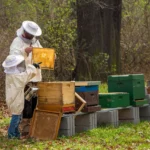
Beekeeping clubs in the United States are abundant and thrive across diverse landscapes, from rural farms to urban rooftops, with beekeepers fostering strong connections to nature while supporting vital pollinators in a land rich with biodiversity.
Beekeeping Clubs In The United Kingdom

Natural Beekeeping in the UK is a cherished tradition, with beekeepers tending hives across lush countryside and vibrant gardens, benefiting from the nation’s rich biodiversity and deep-rooted passion for preserving pollinators
Beekeeping Clubs in
Canada

Canadian Beekeepers thrive amidst the vast landscapes, where they embrace the country’s diverse seasons and abundant wildflowers, producing exceptional honey while nurturing a respect for nature’s rhythm.
Beekeeping Clubs in Australia

Beekeeping in Australia is a vibrant tradition, supported by the nation’s rich biodiversity, where beekeepers cherish the art of cultivating unique honeys from diverse native flora while fostering a close connection to nature.
Introduction to Beekeeping Clubs and Associations
Beekeeping clubs are community-driven groups that bring together both amateur and experienced beekeepers who share a passion for bees and beekeeping. These clubs, often organized at the local level, provide a wealth of knowledge and resources to help individuals succeed in their beekeeping journey. Whether you’re just starting or looking to expand your apiary, beekeeping associations are the perfect place to connect with like-minded enthusiasts and professionals who can offer practical advice on hive management, honey production, and more.
Local beekeeping groups are an excellent way to stay informed about the latest developments in the beekeeping world, from new techniques to equipment recommendations. Many clubs organize regular meetings, workshops, and field trips where members can exchange ideas, learn from guest speakers, and even attend hands-on demonstrations. Being part of a beekeeping association not only strengthens your knowledge base but also helps build a strong support network for troubleshooting any challenges that may arise with your hives.


Why Join a Beekeeping Club?
Joining a beekeeping club offers a range of invaluable benefits for both novice and seasoned beekeepers. These clubs provide access to a community of experts who can share knowledge on region-specific beekeeping challenges, such as weather conditions, local flora, and common pests or diseases. By connecting with a local beekeeping group, you’ll receive tailored advice on how to better manage your bees and increase your chances of success. Many clubs also provide mentorship opportunities, which are crucial for beginners looking to improve their skills with the guidance of experienced beekeepers.
Another significant advantage of joining a beekeeping association is the access to resources like equipment recommendations, bulk purchasing options, and information on where to find the best local supplies. Beekeeping groups often share their experiences with the latest tools and techniques, helping you make informed decisions about which equipment suits your needs. Additionally, beekeeping clubs can assist you in navigating legal requirements and local regulations concerning beekeeping, ensuring you stay compliant while maintaining healthy hives.
Through regular meetings, events, and open forums, beekeepers can share challenges, ask questions, and receive timely, area-specific advice on topics ranging from hive placement to honey extraction. These clubs offer a supportive environment where members can troubleshoot common issues and find solutions that work best for their particular location.
How to Find a Bee Clubs or Bee Groups in My Area
Beekeeping is a global passion, and with it comes an abundance of beekeeping clubs, associations, and societies across the world. These organizations are dedicated to fostering community among beekeepers, offering guidance, and supporting both amateurs and professionals in maintaining healthy, thriving colonies. Whether in North America, Europe, Australia, or beyond, these groups are a wealth of local knowledge, providing insights into region-specific challenges like common diseases, seasonal shifts, and the best equipment suited to the area.
For amateur beekeepers seeking guidance, finding a local club or association is easier than ever. A quick online search, reaching out to national beekeeping organizations, or even checking social media groups can help locate nearby groups. Once you’ve identified an association, don’t hesitate to approach them—beekeepers are generally very welcoming and eager to share their knowledge.
Attending a meeting or event is a great way to ask questions, exchange ideas, and learn from the collective experiences of others. These local groups provide valuable advice tailored to the environment, which is crucial for addressing location-specific issues like climate challenges, local flora, and prevalent pests. Whether you’re troubleshooting a hive problem or seeking advice on new equipment, these networks provide a supportive environment to grow your beekeeping skills.
Start by checking out our links to clubs an associations in your region to see which one is closest to you!

Frequently Asked Questions
Joining a beekeeping club provides access to valuable resources, including educational workshops, hands-on training, and networking opportunities with experienced beekeepers. Clubs often offer mentorship programs for beginners, help you stay updated on best practices, and give access to local beekeeping regulations.
You can find local beekeeping clubs through a simple online search or by visiting national organizations such as the American Beekeeping Federation (USA), Ontario Beekeepers’ Association (Canada), British Beekeepers Association (UK), or the Amateur Beekeepers Association of NSW (Australia). Our directory offers a complete list of local clubs across the USA, Canada, the UK, and Australia.
Regional beekeeping associations often offer localized advice, seasonal updates, and courses that cater specifically to your climate and region’s challenges. Members typically receive discounts on equipment, access to events, and the chance to network with local suppliers and beekeepers.
Yes, most beekeeping clubs offer beginner-friendly workshops, mentoring programs, and educational resources designed to help new beekeepers start their journey. Many clubs also have beginner beekeeping kits and guidebooks available for purchase.
Yes, some clubs specialize in certain types of beekeeping, such as urban beekeeping or natural/sustainable practices. These clubs provide tailored advice for specific environments or beekeeping philosophies, such as chemical-free methods or raising bees in small spaces.
Membership fees vary by club but generally range from $20 to $100 annually, depending on the club’s size and location. Some clubs may offer tiered memberships or discounts for students, families, and seniors. Fees typically cover access to meetings, workshops, and exclusive resources.
Yes, many beekeeping clubs now offer virtual memberships or online resources, especially since the COVID-19 pandemic. Virtual clubs provide webinars, online forums, and even virtual hive inspections, making it easier to connect with fellow beekeepers worldwide.
Club meetings often include guest speakers, demonstrations on hive management, pest control tips, and updates on local legislation. Some meetings also offer hands-on activities like hive building or honey extraction demonstrations. It’s also a great place to exchange tips and ask questions in a friendly environment.
Members can contribute by volunteering at events, offering mentorship to beginners, or sharing their knowledge at meetings. Some clubs also appreciate help with club administration, organizing field trips, or managing the club’s website and social media presence.
Yes, many clubs partner with local suppliers to offer members discounts on beekeeping equipment, bee packages, and nucleus hives. Clubs also help connect beekeepers to reliable sources of bees, such as swarm removals or purchasing queens and nucs from trusted breeders.
Subscribe to our Newsletter for the Latest Tips and Updates
Come and be a part of our community to share in stories, tips and our beekeeping journeys!
Featured Articles
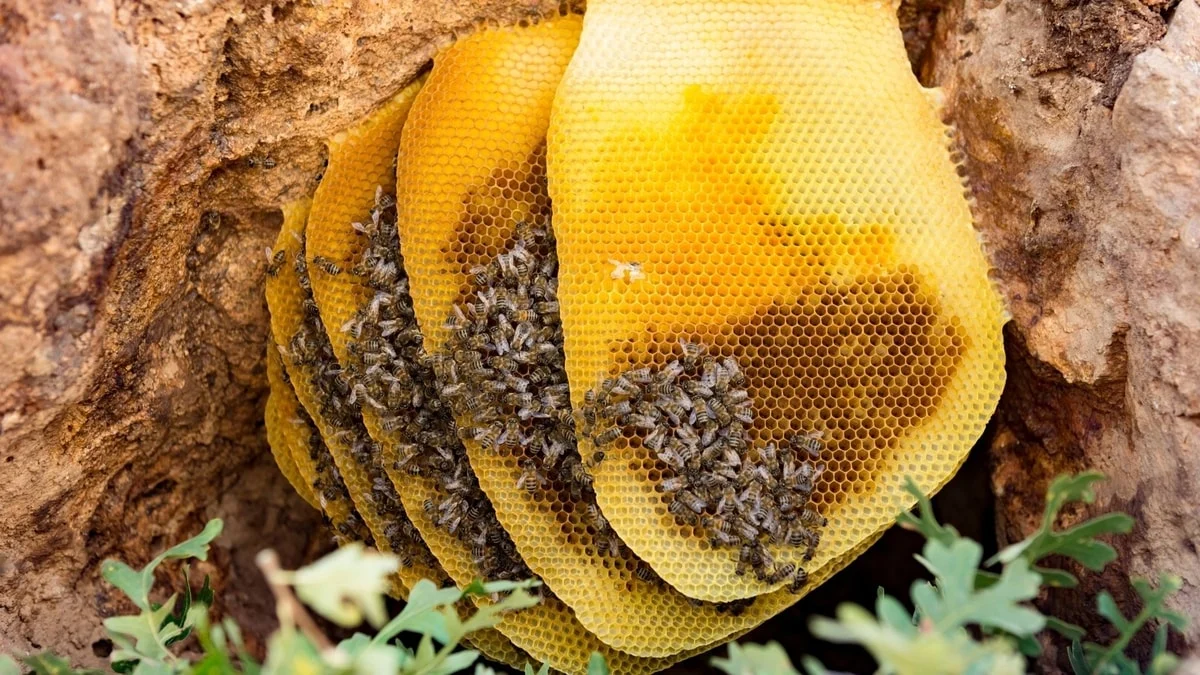
Ultimate Guide to Beehive Frames Without Foundation

The Best Beekeeping Equipment and Tools for Beginner Beekeepers
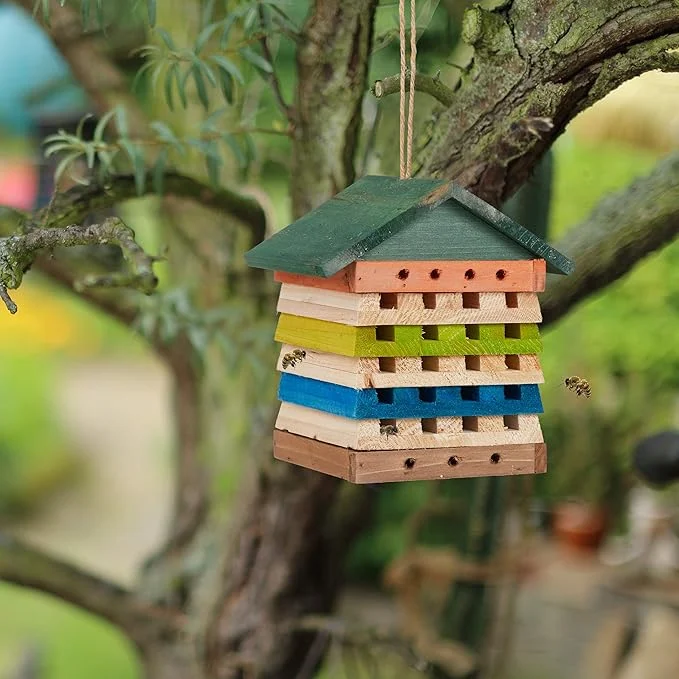
Ultimate Guide: Create Stunning Bee Hotels for Your Homestead
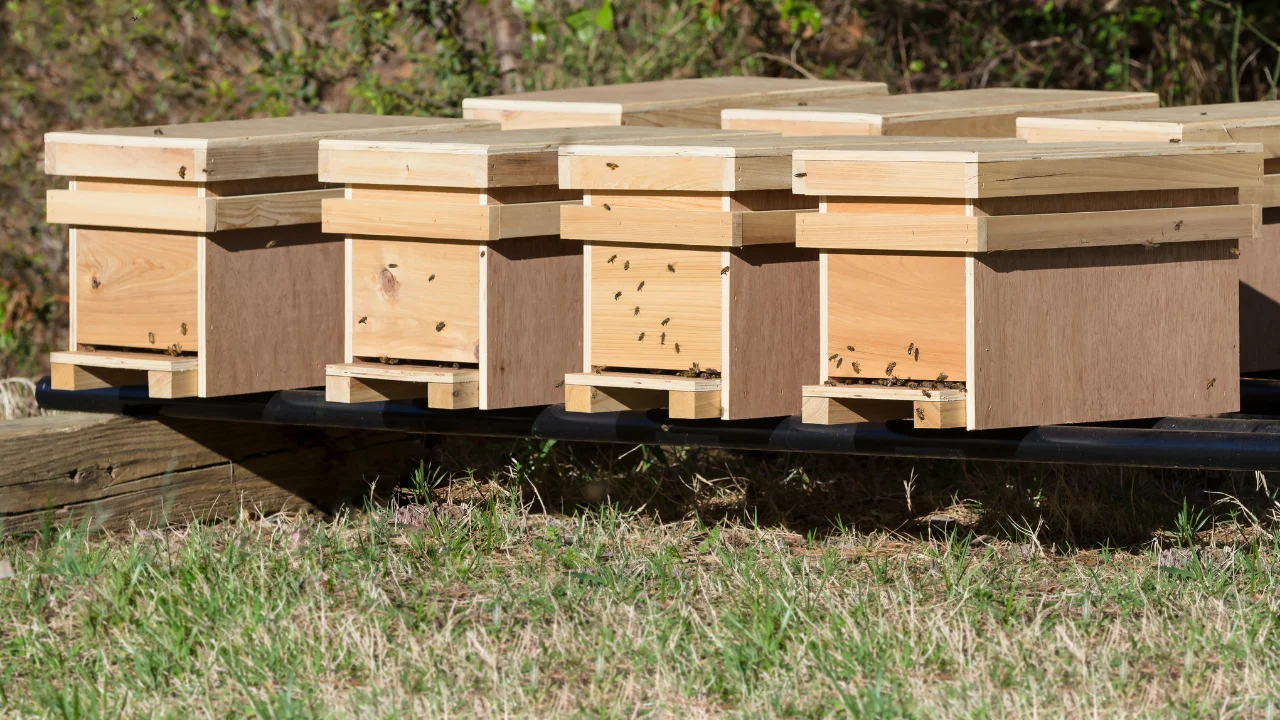
Ultimate Beehive Showdown: Pros and Cons You Need to Know

Ultimate Beekeeping Supplies: Everything You Need to Start

How to Use a Beekeeping Smoker: 5 Essential Tips

Honey Extractor: Finding the Best Equipment for Efficient Honey Harvesting
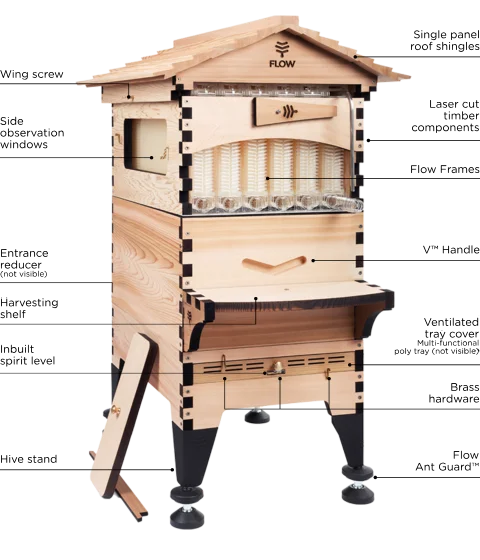
Is the Flow Hive Worth It? Ultimate Pros & Cons
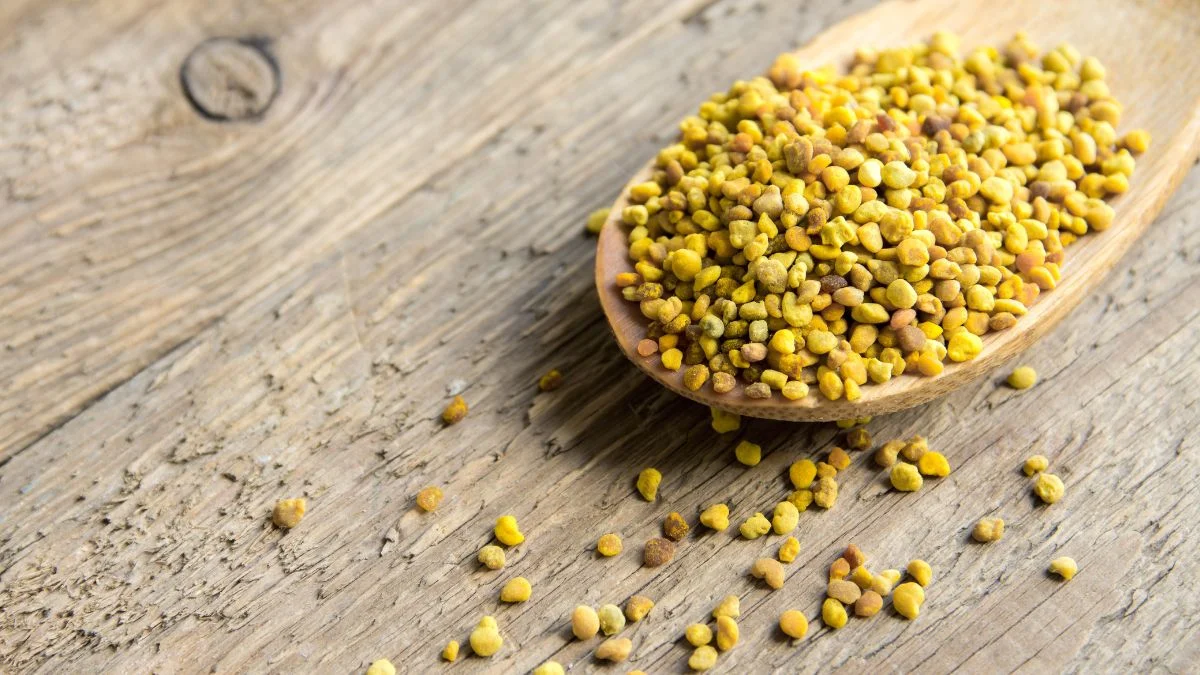
Does Bee Pollen Expire? Expert Tips To Healthy Pollen Eating.
About Us
Dr. Garth A. Cambray is a Canadian/South African entrepreneur and beekeeper with 28 years of experience in apiculture and specializes in adding value to honey. His Ph.D. research developed a new advanced continuous fermentation method for making mead that has resulted in a number of companies globally being able to access markets for mead. His company, Makana Meadery, exports honey mead to the USA where it is available to discerning connoisseurs.
He has also developed technologies to commercially manufacture organic honey vinegar in Zambia for export globally. He holds a few patents globally in the ethanol industry and believes in technology and knowledge transfer for human development and environmental sustainability. One of his proudest achievements is the fact that the wind farm he started at one of his old apiary sites has essentially made his hometown carbon neutral.
Beekeeper Members
We are always learning, adapting and understanding our beehives. That’s why we keep our members up to date with the latest tips and expertise from professional beekeepers and industry experts.

Henry Dawson
I have been beekeeping for the past 3 years and found Beekeepertips.com to be a great source of information to support my learning. I like that they don't push a product if there is a DIY simple solution instead!
Getting the monthly newsletter helps me keep on top of the tips I need to keep my 4 hives alive and well. The detail around mite treatments has definitely saved our hives a couple of times last year.

Joanna Keppler


